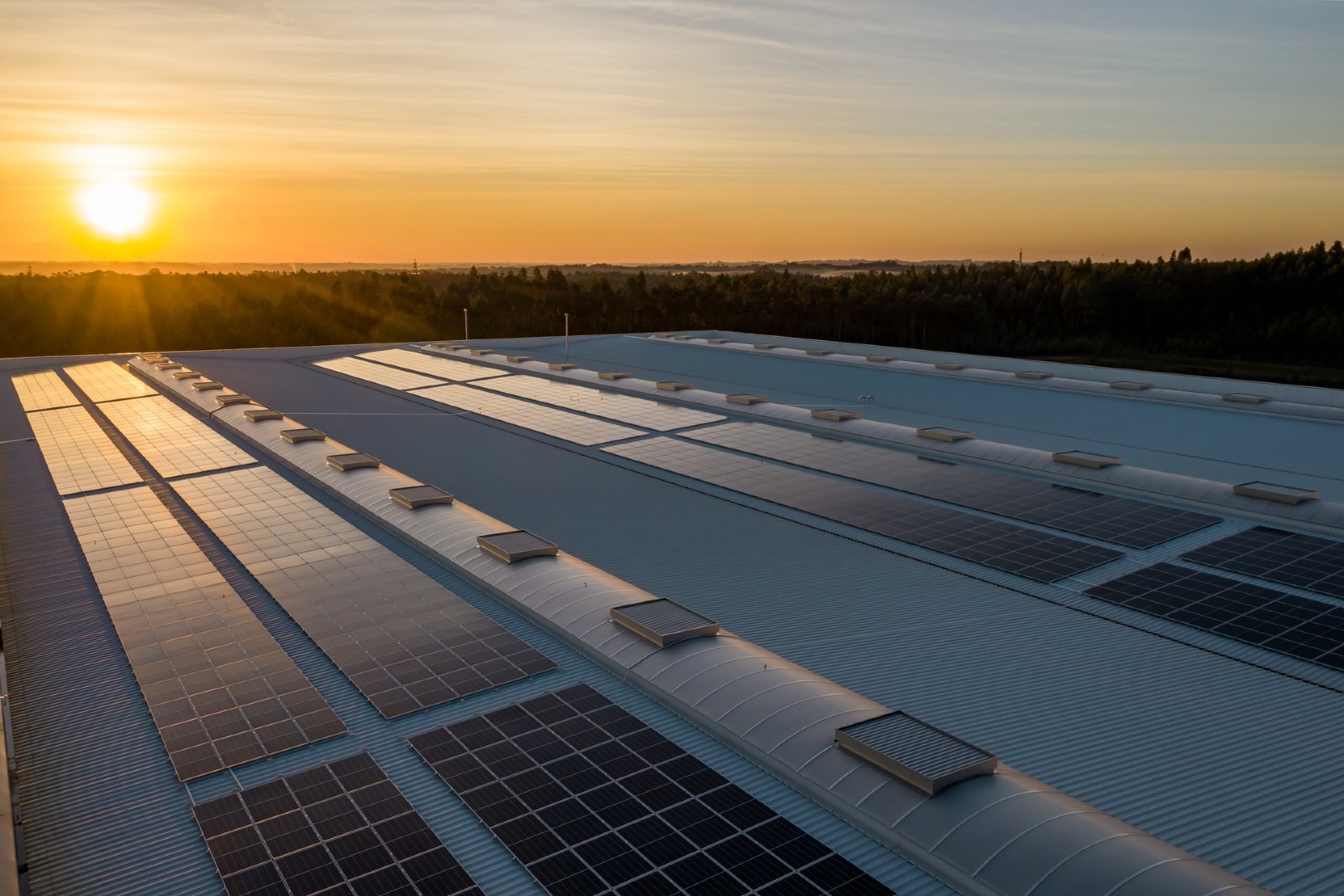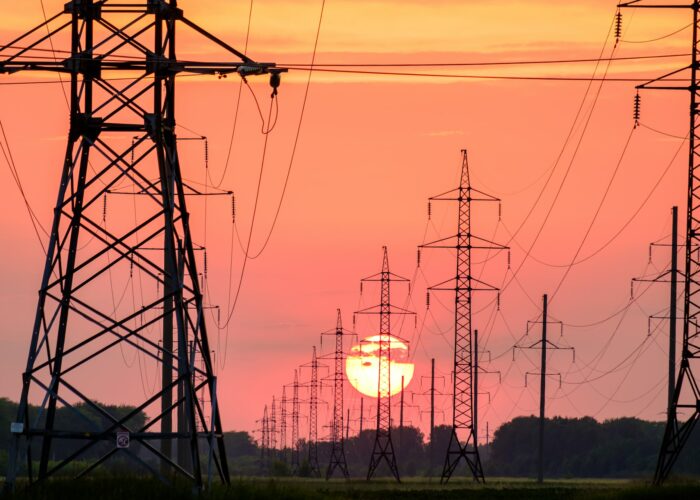With rising energy prices now being deemed a long-term crisis, it’s more important than ever for businesses to ‘invest smart’ whilst not losing sight of their decarbonisation goals, writes Capitas Finance Chief Executive Officer Darren Riva.
“Energy prices are likely to be higher for longer than we imagined. This is a long-term crisis that needs a long-term solution.”
Director General of the Confederation of British Industry (CBI) Tony Danker
These were the words of the Director General of the Confederation of British Industry (CBI) Tony Danker at the organisations Achieving Net Zero Conference earlier this month.
He told members that whilst he believes that whilst Government support packages will help to ease some of the pressure, they are only a temporary solution, adding: “We’re not returning to normal any time soon. People need a fix now.”
Whilst becoming more energy resilient is the biggest priority for businesses, particularly major energy users such as manufacturers, he also urged members to stick with their own net zero strategies and to increase their decarbonisation ambitions, saying “making our companies net zero is no less a commercial imperative than making our companies more digital. Put simply, if your strategy isn’t fit for a net zero future, you will fail.”
Being energy intensive by nature, manufacturers are some of the worst hit companies when it comes to soaring energy prices. Data from Make UK shows that more than two thirds of companies claim rising energy costs are causing ‘catastrophic’ or ‘major’ disruption to their business. Indeed, Verity Davidge, director of policy at Make UK, said: “Companies are facing eye-watering increases in costs which are becoming a matter of survival.”
Decarbonisation challenge
Of course, these cost pressure challenges are taking place against the need for manufacturers of all sizes to decarbonise their operations and contribute towards both domestic and global climate reduction targets. Manufacturing accounts for around 12% of global emissions, and it is a key area where transformation can happen.
Manufacturers may be able to see the opportunities that energy resilience and decarbonisation offer but will be seeking solutions to help them achieve stability and reduce their emissions without breaking the bank.
Following the publication of the Government’s Energy Strategy, it was subsequently announced by the Department for Business, Energy & Industrial Strategy (BEIS) that the Energy Intensive Industries Compensation Scheme, an initiative that supports major energy consumers with relief for their electricity bills, would be extended until March 2025. The level of support being offered is also expected to increase.
Whilst this scheme will provide much needed support for British industry, organisations need to look beyond the next three years and investigate all the ways they can protect themselves.
Barriers to progress
Access to finance remains one of the biggest barriers to positive change and investment in energy efficient and low carbon technologies. This is back up by findings from research carried out by the Net Zero Technology Centre (NZTC). When asked what the biggest barrier to adopting clean energy technologies was, 35% selected cost, well ahead of legislation and regulations.
We understand that many businesses will be put off taking the necessary steps that will improve their energy resilience and accelerate the pathway to decarbonisation due to a lack of access to investment funds. But it is vital to remember that not every change has to be complex or costly.
As a specialist energy solutions finance company, we’re here to help remove the barriers to energy finance. By working closely with customers, we can offer a variety of solutions – from replacing outdated lighting to the implementation of large-scale renewable solutions, EV infrastructures and distributed energy schemes – that make it possible them to maintain their operations, reduce their commercial risks, and remain competitive, without the need for up-front capital outlay.
In increasingly uncertain times, such investments can really deliver a competitive advantage in the face of mounting pressure.
Capitas Finance specialises in financing energy solutions for carbon-conscious businesses and public sector organisations. Our products and services are designed to help you implement sustainable, low carbon technologies and strategies that accelerate the path to decarbonisation, reduce energy bills and reduce reliance on the grid.
To find out how Capitas can work with you, drop us a line here.
Other blogs you may be interested in.
Will medium-sized businesses soon have to reckon with ESOS?




